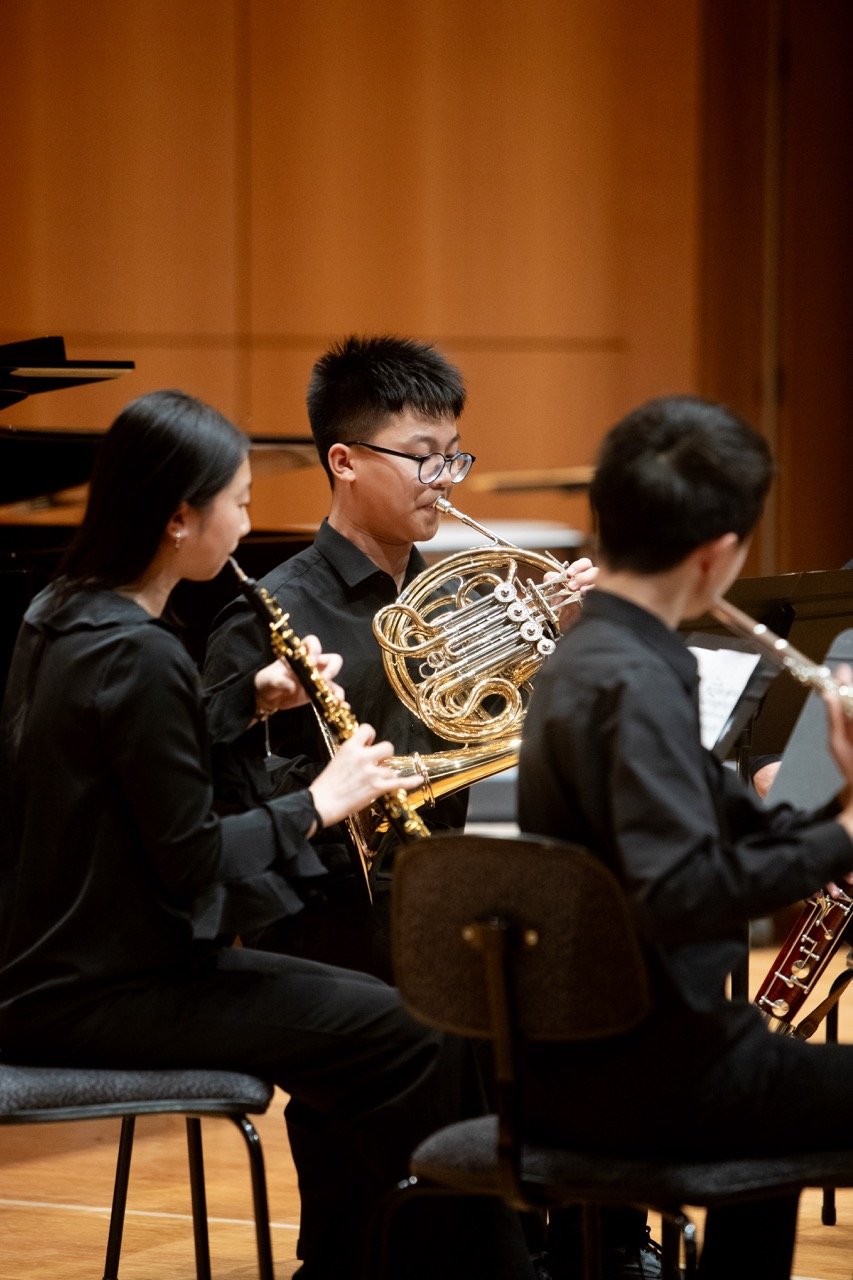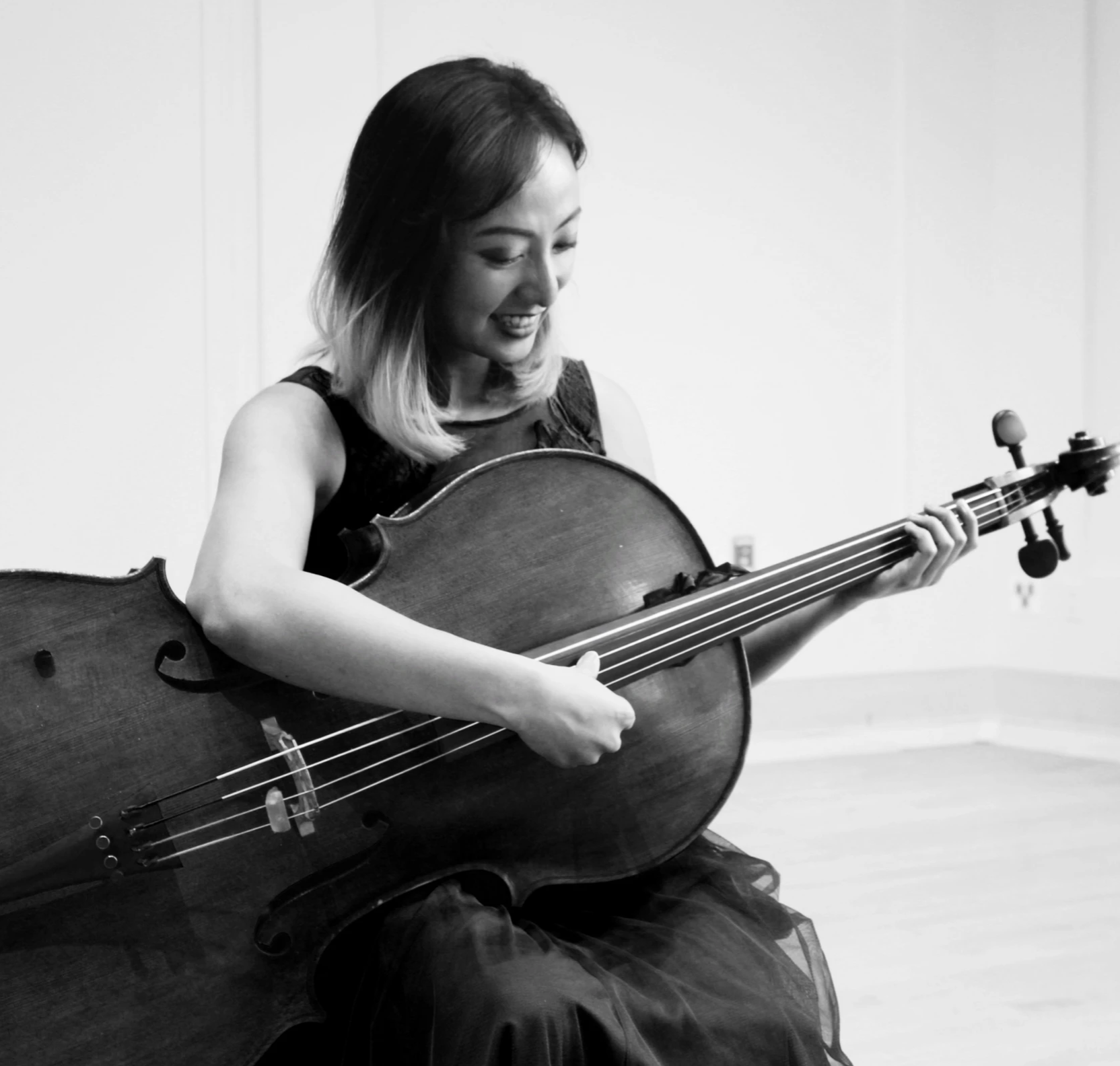
2024 Autumn Chamber Music Course
Playing chamber music requires a particularly high level of musical understanding, an ability to collaborate with other musicians, to discuss, adjust and analyse musical performance. It is one of the most important aspects of musical training there is.
As Earl Carlyss, longstanding former member of the Juilliard String Quartet, Juilliard faculty, former head of strings department at Peabody Conservatory and Indiana University, put it:
“Playing chamber music is a fundamental part of music education. Not only does practising chamber music open up a diverse and expansive range of beautiful repertoire to explore, it is also the most enjoyable way to practice music. Chamber music is a joy shared between equal partners who are working together to create a thing of perfection and beauty.”
The course will take place during the Easter break (April) 2024, focussing on Chamber Music, for students aged between 12 and 17.
It will comprise four string quartets, two piano trios, two wind quintets and one brass quintet. Other configurations might well be added, depending on applications.
Existing ensembles can make a joint application.
Ensembles will be trained by professional musicians, and the timetable structured to enable performance practice and master-classes where applicable.
Overview
Course Details
For 2024, the dates are April 3rd – April 7th for a total of 7. 5 days, concluding with a concert on the Sunday.
Candidate Selection:
Chamber music requires a high level of musical competence. Fluency on the instrument is essential, as well as an awareness of other musicians in the ensemble and an overall understanding and knowledge of the other parts as well as one’s own. Consequently, musicians will need to be AMEB Grade 8 (or equivalent), or higher.
Candidates will need to supply a recording of themselves playing two contrasting classical works, and perform an excerpt from a supplied list. The recordings will need to be uploaded to You Tube.
Coaching Staff
Ian Munro
Roman Ponomariov
Wilma Smith
Dr. John Ferguson
Dr. Diana Wuli
Course Structure
The course will be non-residential. Any accommodation will be the responsibility of parents (where needed).
Staffing and Coaching:
Each ensemble will receive daily coaching, although ensembles will also be expected to work independently for part of the day. Learning to work collaboratively is an important skill that musicians need to develop.
Coaching staff include Wilma Smith and Dr Diana Wuli, Ian Munro, Roman Ponomariov and Dr John Ferguson. Additional staff are being engaged in accordance with student applications.
There will be two administrative staff in daily attendance, with at least one administrative staff member with a current Level 2 First Aid certificate. All staff have current Working with Children certification (WWC).
Ensembles would be assembled according to the ability of players, decided by the recorded auditions.
Session 1
09.00 – 10.30
Morning Tea
10.30 – 10.50
Session 2
10.55 – 12.25
Lunch
12.30 – 1.30
Lunch Time concert
1.05 – 1.25
Session 3
1.30 – 3.00
This might take the form of a master-class or other activity.
Performances:
Formal concert on Sunday evening – all ensembles to perform at least a movement of a work. Various people prominent in the arts to be invited. Consulate staff to be invited, where applicable. It is hoped that Australian Digital Concert Hall and 3MBS will be involved.
Catering:
There will be some food available, but parents are encouraged to send their young musicians with some packed lunch. Bottled water and fruit will be available throughout the course.
Costing:
The costs associated with running a chamber music course are higher than those for an orchestral course (the ratio of staff to student is obviously greater). Sign up for the chamber music course or orchestra performing at the button below.
Showcase










